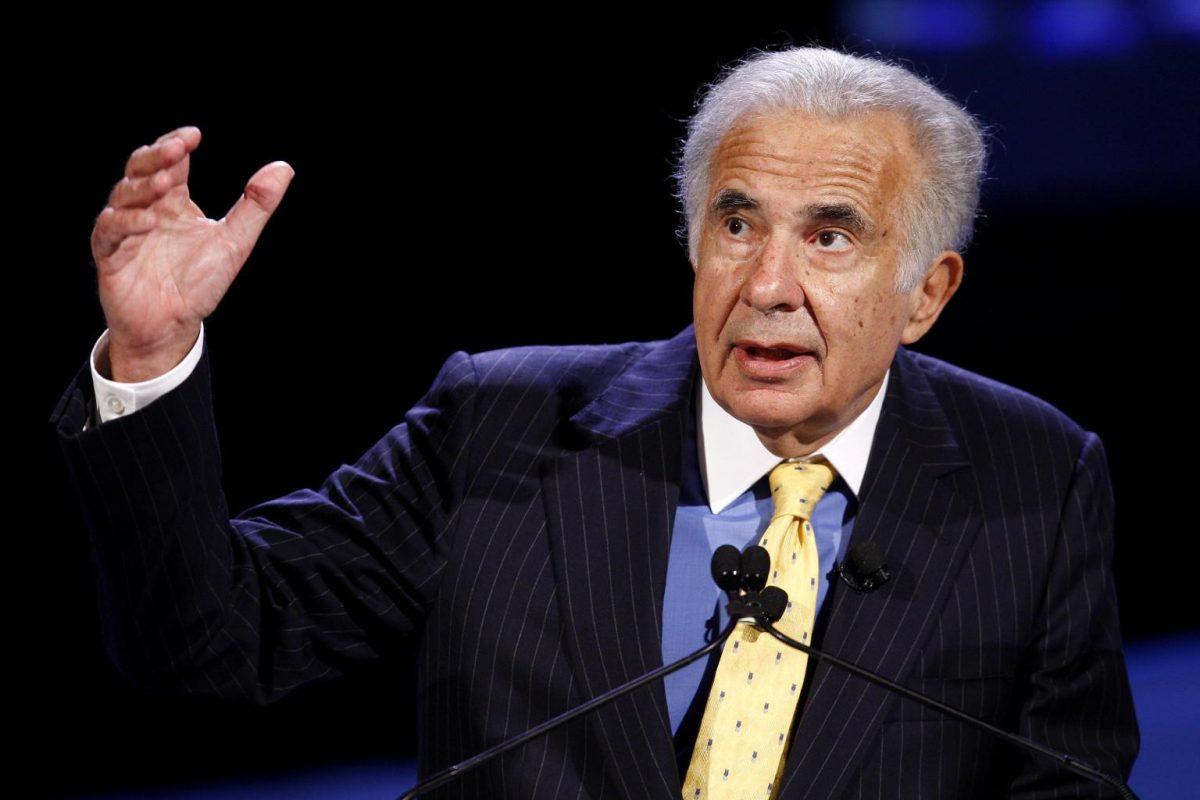Stock market manipulation usually conjures images of “boiler room” operations where armies of high-pressure salespeople dupe non-investment-savvy consumers into purchasing stock in companies they claim are undervalued.
The scheme works like this: Salespeople buy stock for a relatively cheap price in a given company. Afterward, they artificially inflate the price of the owned stock through false and misleading positive statements in order to sell the cheaply purchased stock at a
higher price.
Once the operators of the scheme feel the price is high enough, they “dump” their overvalued shares, the price falls and investors lose their money.
Until recently, cold calling has been the primary avenue through which fraudsters were able to reach investors.
Today, however, the Internet, especially the explosion in social media, now offers a cheaper and easier way to rig the stock market so to benefit a few and screw the many.
To be sure, there is no better example of stock market manipulation via social media than the events that occurred in August to Apple’s stock price.
What happened in August was that a famous investor named Carl Icahn announced in a tweet — he has 90,000 followers and counting — that he bought a large amount of Apple stock and had just talked to Tim Cook, who is Apple’s CEO, on the phone.
According to Icahn, his private conversation with Cook had gone well, and Icahn said he planned to talk to him again soon. Note, too, that Icahn uses Twitter frequently to transmit messages regarding his investment activity, which most notably include tweets about Dell and Netflix.
Apple quickly confirmed on the record — with the intention, I presume, to demonstrate the company is responsive to shareholders — that Icahn and Cook had a
conversation.
And in the next couple of hours, Apple’s stock skyrocketed 5 percent, which increased the company’s market value by $17 billion.
For his part, Icahn’s estimated stake in Apple before the tweet was approximately $2 billion, or about 0.5 percent of Apple, according to a Securities and Exchange
Commission filing, which translated to a cool $80 million of profits in two hours — not too shabby.
Now, I’m sure Apple’s shareholders didn’t object too loudly to the fact that the company’s stock jumped 5 percent in two hours.
But this clearly demonstrates a reoccurring, fundamental problem for those average investors trying their hand in the stock market.
To be sure, this isn’t really a “problem” so much as an observation: In case anyone out there is as naive to think everyone who plays in the stock market is on a “level playing field,” this incident should serve as a slap in the face.
Put simply, you and I cannot go and buy some Apple stock and then call Apple and demand to talk to its CEO.
In addition, you and I cannot buy Apple stock — or stock in any company, for that matter — with the reassurance that we will likely be able to put ourselves well into the black merely by tweeting that we had a bought the stock and saying that we had just had a productive conversation with the
company’s CEO.
In other words, big investors like Carl Icahn have a very significant competitive edge over mere mortals like us.
So, if you’re thinking about investing or playing the trading game, remember the stock market is still subject to manipulation by the so-called “big fish.”
Jay Meyers is a 21-year-old economics junior from Shreveport.
Opinion: Social media serves as new manipulation tool for investors
By Jay Meyers
December 2, 2013
UNITED STATES – OCTOBER 11: Carl Icahn, a billionaire investor, speaks during the World Business Forum in New York, U.S., on Thursday, Oct. 11, 2007. Icahn said he was concerned that stocks may be reaching a peak, as risks to the U.S. economy remain after the Federal Reserve’s Sept. 18 rate cut. (Photo by Chip East/Bloomberg via Getty Images)





